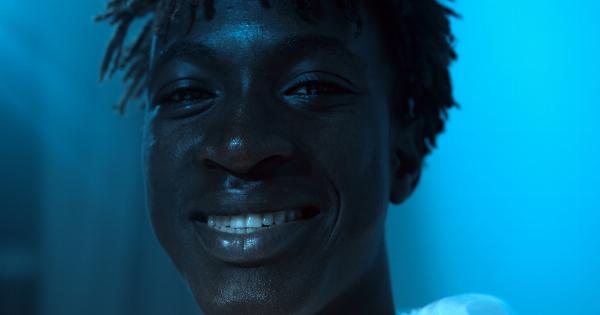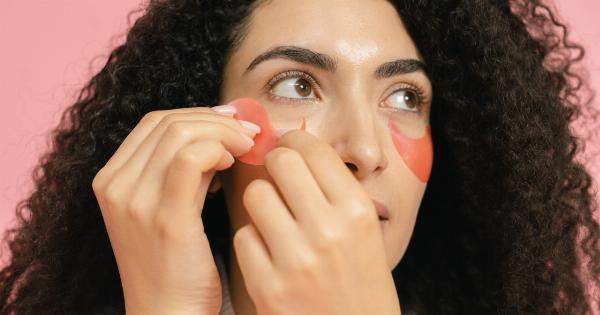Many people may not be aware of the connection between sex and eye health. However, there are a number of ways that sexual activity can impact your vision.
In this article, we will explore some of the risks associated with sex and eye health, as well as some precautions you can take to protect your eyesight.
1. Conjunctivitis
Conjunctivitis, also known as pink eye, is a condition that causes inflammation of the eye’s conjunctiva.
It can be caused by a number of different things, including viruses, bacteria, allergies, and even sexually transmitted infections such as chlamydia and gonorrhea.
If you engage in sexual activity with someone who has a sexually transmitted infection, you may be at risk of contracting it and developing conjunctivitis as a result.
Symptoms of conjunctivitis include redness, itching, and discharge from the affected eye(s). Treatment may involve prescription eye drops or ointments, and in some cases, antibiotics or antiviral medications may be necessary.
2. Corneal Abrasions
During sex, it is possible to accidentally scratch or injure the eye. This can occur if a partner inadvertently pokes you in the eye, or if a foreign object (such as a toy) comes into contact with your eye.
Corneal abrasions can be painful and may cause blurry vision, sensitivity to light, and tearing.
If you experience a corneal abrasion during sex, it is important to seek medical attention promptly. Treatment may involve antibiotic eye drops, pain relievers, and/or a protective eye patch.
In some cases, underlying conditions such as dry eye or corneal dystrophy may increase the risk of corneal abrasions.
3. Increased Eye Pressure
Sexual activity can lead to a rapid increase in heart rate and blood pressure, which can also affect the eyes.
During sex, blood vessels in the eye may dilate and constrict rapidly, causing temporary changes in vision and increases in intraocular pressure.
For people with existing eye conditions such as glaucoma, this increase in intraocular pressure can be especially risky.
If you have glaucoma or are at risk of developing it, it is important to talk to your eye doctor about your sexual activity and any precautions you should take to protect your eye health.
4. Eye Fatigue
Sexual activity can be tiring, and it is not uncommon to experience eye fatigue after prolonged periods of physical activity.
This can be exacerbated if you engage in sexual activity in low light conditions, which can strain the eyes and cause them to become fatigued more quickly.
To reduce the risk of eye fatigue during and after sex, try to engage in sexual activity in a well-lit room. Taking breaks and engaging in other activities that do not require intense visual focus can also help reduce eye strain and fatigue.
5. Precautions for Protecting Your Eye Health
Fortunately, there are a number of precautions you can take to protect your eyesight during sexual activity. These include:.
- Communicate with your sexual partner(s) about any sexually transmitted infections or other health conditions they may have.
- Use protective eyewear (such as goggles or glasses) if engaging in rough or intense sexual activity.
- Avoid engaging in sexual activity in low light conditions.
- Take breaks and engage in other activities that do not require intense visual focus to reduce the risk of eye fatigue.
- Seek medical attention promptly if you experience any eye-related symptoms or injuries during sexual activity.
Conclusion
While the connection between sex and eye health may not be immediately obvious, there are a number of risks associated with sexual activity that can impact your vision.
By understanding these risks and taking appropriate precautions, you can protect your eyesight and enjoy a healthy sex life.




























